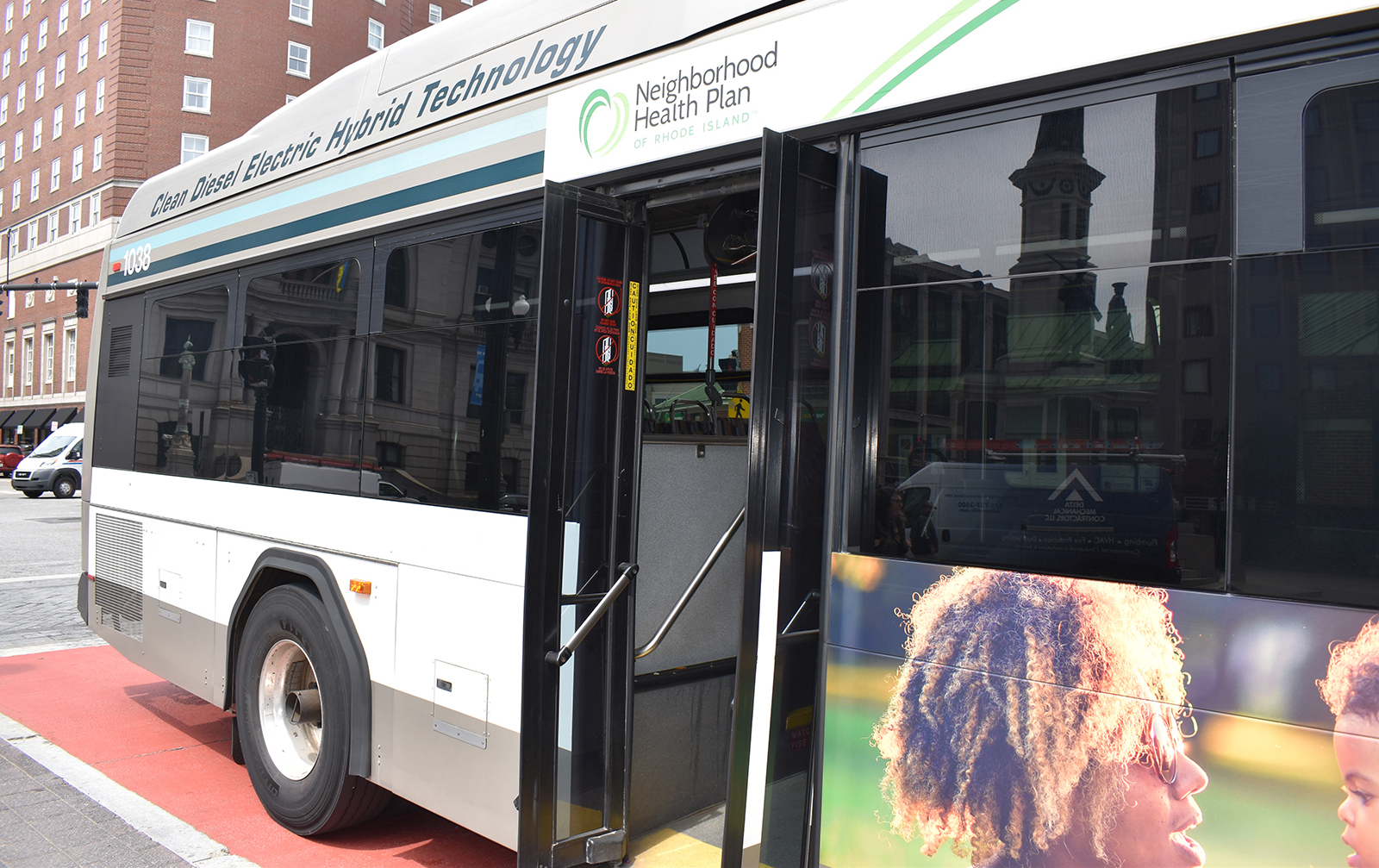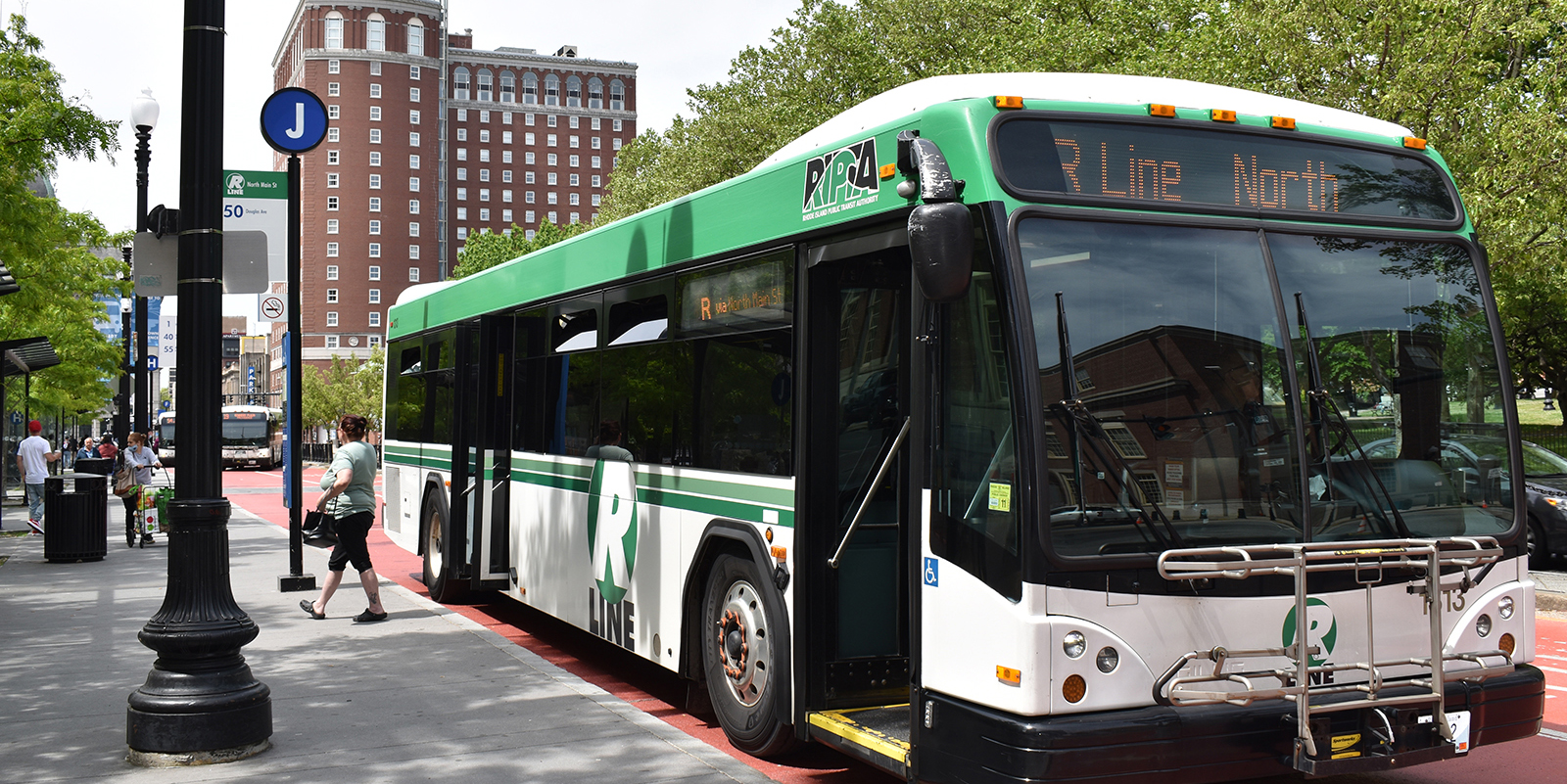Rhode Island’s Idling Law: Unenforced or Unenforceable?
December 19, 2011
Emissions from diesel engines, when compared to those of an everyday car engine, are a nastier lot. What makes these emissions more dangerous than typical car exhaust fumes is the presence of fine particles in the puffs of black smoke emanating from exhaust pipes.
According to the Environmental Protection Agency (EPA), these fine particles can aggravate asthma and cause lung damage. They are also classified as a likely human carcinogen.
All six New England states have enacted diesel idling restrictions. In Rhode Island, owners and operators of diesel-powered vehicles are subject to fines of up to $100 for the first violation, and up to $500 for successive violations. The regulation has a host of caveats concerning emergency vehicles and the like, and restricts idling to 5 consecutive minutes in any 60-minute period.
The cumulative fines for trucking and transportation companies could stack up quickly into tens or even hundreds of thousands of dollars. Since the EPA issued national regulations concerning diesel-engine idling, more than $3 million in fines have been issued in Massachusetts. It’s a safe bet that these companies, after being fined repeatedly, make sure their drivers are aware of the law when they are in Massachusetts.
Enforceability is a major concern to those who craft and institute pollution laws. In addition to the law and parking enforcement officers who can cite violators of this law in Rhode Island, the law also is enforceable by the state Division of Motor Vehicles and the Rhode Island Department of Environmental Management (DEM). Due to the broad range of possible enforcers of the law, State Police give the idling law a 10 out of 10 for ease of enforcement. One would think that with such an easily enforceable law, tickets would be written left and right, but that hasn’t been the case in Rhode Island.
According to Thomas Laliberte, administrator of the Rhode Island Traffic Tribunal — where all idling violations issued in the state would be adjudicated — there have been no recorded violations of the idling law. This may be a clerical error, though. State Police insist its officers have cited operators of diesel vehicles for excessive idling, though not frequently, since the law went into effect in July 2007. In comparison, 91,000 speeding tickets were issued in Rhode Island in 2010 alone.
When enacting new regulations, communication and awareness of new laws are tall hurdles to overcome. While researching this story, ecoRI News conducted an informal poll of 30 police officers in Woonsocket, Lincoln, North Smithfield, Providence and Warwick. Of the 30 officers, only three were aware that the DEM regulation had passed as a General Law (RIGL 31-16.1) and that excessive idling was restricted by the state and an actual fineable offense.
Older diesel engines emit more toxins and particulates than newer models, and federal guidelines are actually tiered into three groups based on the age of the vehicle. Pre-1990 diesel engines are subject to the least-stringent standards, vehicles produced between 1991 and 2000 have more strict guidelines, and diesel cars and trucks manufactured after 2001 must adhere to the strictest federal emissions standards. A glut of money — some $2.25 million — has been made available in Rhode Island through the EPA and federal stimulus funds for the state and municipalities to retrofit their diesel fleets to bring them into compliance with state and federal emissions standards.
Officials at DEM and the State Police assure that the trucking and transport industry has done a more than adequate job of bringing their private fleets into compliance with state and federal standards.
Regardless of the lowered level of pollutants emanating from increasingly compliant vehicles, excessive idling is still forbidden in Rhode Island, and one doesn’t have to go far to see violations. In the past month, ecoRI News has seen several diesel trucks idling away in parking lots and on roadsides, including delivery trucks for food and parcels, and in one infuriatingly ironic case, a Providence Water maintenance vehicle.
The transportation sector is the primary producer of air pollution and carbon dioxide emissions in the United States. In fact, carbon dioxide emissions from the U.S. transportation and shipping sectors are greater than every other country’s total emissions, with the exception of China.
Rhode Islanders with chronic pulmonary conditions — and those that hold clean air as an invaluable resource — would certainly like to see our idling law be a bit more vigorously enforced. One would think that these laws would warrant a bit more prioritization, given that air pollution causes more deaths than speeding and drunken driving combined. The World Health Organization has estimated that worldwide 3 million deaths annually can be attributed to air pollution, three times more than the 1 million deaths attributed to traffic accidents.
Categories
Join the Discussion
View CommentsRecent Comments
Leave a Reply
Your support keeps our reporters on the environmental beat.
Reader support is at the core of our nonprofit news model. Together, we can keep the environment in the headlines.
We use cookies to improve your experience and deliver personalized content. View Cookie Settings




Idling of ANY vehicle without a valid reason should be penalized. There is a total lack of education on this issue. Turn off your ignition if you’re waiting more than 10 seconds (like at a drive-up window, etc.). Contrary to popular belief, restarting your car does not burn more fuel than leaving it idling. In fact, idling for just 10 seconds wastes more gas than restarting the engine – consider that idlers are getting 0 mpg!! An idling car can release as much pollution as a moving car. By the way, I’m not surprised the idling law isn’t being enforced. Despite the ban on use of hand held phones and texting while driving, I see this law broken many times every day, and anywhere I drive in RI. There are apparently some laws that police can’t be bothered to enforce (just don’t let them catch you with a clear protective cover on your license plate!!!).
The RI idling law is ignored by many if not most of the commercial vehicle drivers making deliveries at Rumford Center. We live right above the parking area for delivery trucks for Avenue N restaurant and 7 Stars bakery and can’t have our windows open during delivery hours (all day/7days of the week) because of polluting toxins arising from commercial vehicles parked below. Management won’t help enforce the RI law. Many residents have politely asked truck drivers to turn off their ignitions and a small number will comply. Some respond verbally with very rude comments; the nicest of which is, “They have catch me first.” when apprised of the RI law and asked to comply.